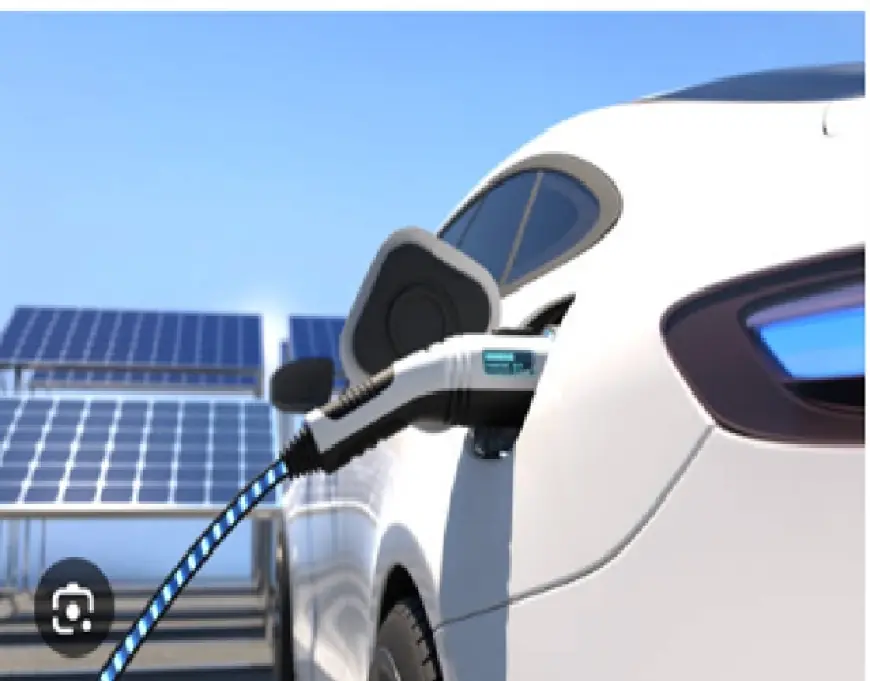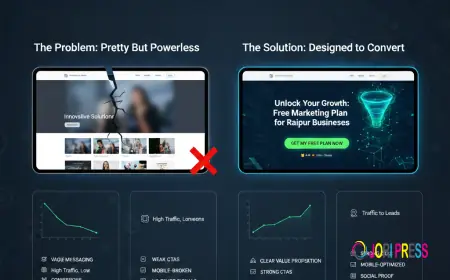EV Charger Installation: A Complete Guide to Car Charger Installation
Learn everything about EV charger installation and car charger installation, from choosing the right type of charger to safety tips and costs. Get expert insights for a smooth setup.

As electric vehicles (EVs) become increasingly popular, the demand for EV charger installation and car charger installation has grown rapidly. Whether you’ve just purchased your first electric car or are upgrading your charging setup, understanding the process of installing a charger at home or in a commercial space is essential. This guide will walk you through the key considerations, benefits, installation steps, and frequently asked questions about EV chargers, helping you make informed decisions for a seamless charging experience.
Why EV Charger Installation Matters
The convenience of charging your electric vehicle at home cannot be overstated. With the right car charger installation, you can:
-
Save time by avoiding public charging stations.
-
Ensure your EV is always ready to go.
-
Increase the value of your property.
-
Enjoy safer and faster charging compared to standard wall outlets.
EV charger installation is not just a luxury—it’s a necessity for maximizing the performance and efficiency of your electric car.
Types of EV Chargers
Before moving forward with car charger installation, it’s important to understand the different types of chargers available:
Level 1 Chargers
-
Plug directly into a standard household outlet.
-
Provide slow charging, often taking 8–20 hours for a full charge.
-
Best suited for overnight charging and low-mileage drivers.
Level 2 Chargers
-
Require a dedicated 240V outlet.
-
Offer faster charging, typically 4–6 hours for a full charge.
-
Ideal for daily use and long-distance drivers.
DC Fast Chargers
-
Provide rapid charging in under an hour.
-
More commonly found at commercial or public charging stations.
-
Not usually installed in residential settings due to higher costs and power requirements.
What to Consider Before EV Charger Installation
When planning for car charger installation, several factors must be evaluated:
Electrical Capacity
Ensure your home’s electrical system can handle the additional load. An electrician may need to upgrade your panel or wiring.
Location
Choose a convenient, weather-safe spot for your charger. Most homeowners install chargers in garages or driveways.
Charging Speed Needs
Select the right charger level depending on your driving habits and daily mileage.
Safety and Compliance
All installations must comply with local codes and regulations to ensure safe and efficient charging.
Step-by-Step Guide to Car Charger Installation
Installing an EV charger involves several steps:
-
Assessment: An electrician inspects your home’s electrical system.
-
Permit Approval: Some regions require permits before installation.
-
Mounting the Charger: The charging unit is securely installed in your chosen location.
-
Electrical Connection: The charger is wired to your home’s electrical panel.
-
Testing: The system is tested to ensure safe operation.
-
User Training: Basic instructions are provided on how to operate and maintain your charger.
Costs of EV Charger Installation
The cost of car charger installation can vary depending on several factors:
-
Type of charger (Level 1, Level 2, or DC fast charger).
-
Electrical upgrades required.
-
Labor costs in your area.
-
Permit and inspection fees.
On average, homeowners can expect to spend between $500 and $2,500 for installation.
Benefits of Installing a Home EV Charger
-
Convenience: Charge your vehicle overnight at home.
-
Efficiency: Faster charging compared to public stations.
-
Cost Savings: Lower charging costs compared to gasoline.
-
Property Value: A home EV charger increases resale value.
Safety Tips for EV Charger Installation
-
Always hire a licensed electrician.
-
Ensure your charger is certified and meets safety standards.
-
Regularly inspect cables and connectors for wear.
-
Avoid using extension cords or adapters.
Final Thoughts
Investing in EV charger installation is a smart decision for any electric vehicle owner. With the right car charger installation, you’ll enjoy faster charging, increased safety, and the convenience of powering up at home. By carefully considering charger types, electrical requirements, and professional installation, you can ensure a reliable and future-proof setup.
FAQs
Q1: Can I install an EV charger myself?
It’s strongly recommended to hire a licensed electrician for safety and compliance reasons.
Q2: How long does it take to install a car charger?
Most installations take 2–6 hours, depending on complexity.
Q3: Do I need a permit for EV charger installation?
Yes, many areas require permits and inspections to ensure compliance with local codes.
Q4: Can I use a standard outlet for charging my EV?
Yes, but it will be much slower compared to Level 2 or DC fast chargers.
Q5: Will installing a charger increase my electricity bill?
Yes, but the cost per mile is significantly lower than gasoline.
What's Your Reaction?
 Like
0
Like
0
 Dislike
0
Dislike
0
 Love
0
Love
0
 Funny
0
Funny
0
 Angry
0
Angry
0
 Sad
0
Sad
0
 Wow
0
Wow
0


















































